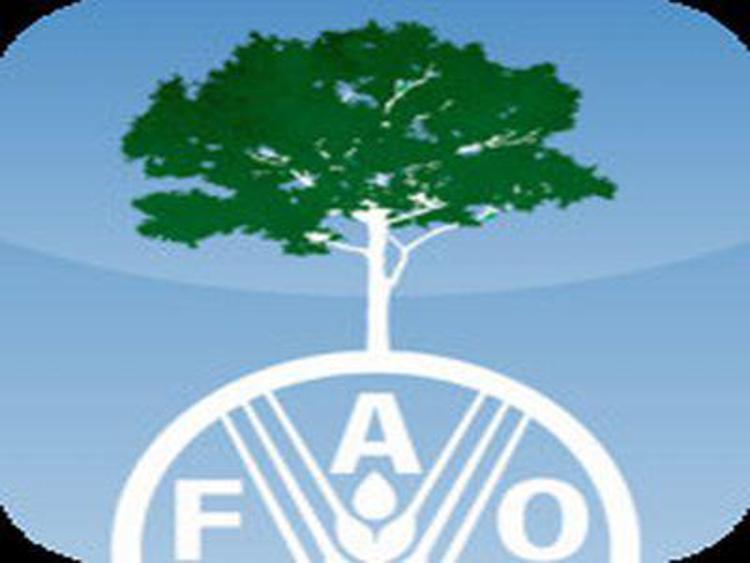

Attaining sustainable development means shifting away from high-input and resource-intensive farming and food systems towards more sustainable practices, FAO Director-General Jose Graziano da Silva said on Monday.
"Today, it is fundamental to produce food in a way that preserves the environment and biodiversity," Graziano da Silva told ministers, government, private sector and NGO representatives at the biennial meeting of FAO's Committee on Agriculture (COAG).
Current farming practices have contributed to deforestation, water scarcity, soil depletion and high levels of greenhouse gas emissions he told the meeting taking place in Rome from Monday through Friday.
"We have to implement sustainable practices that provide healthy and nutritious food, ecosystem services and climate-change resilience," said da Silva.
To achieve this switch requires reducing the use of pesticides and chemicals, increasing crop diversification, and improving land conservation practices, among other measures, the FAO Director-General stressed.
He pointed to the inefficiency of current food systems in eradicating hunger, despite the fact that enough food is being produced to feed the entire global population, and underscored how hundreds of millions of people still do not have the income to buy the food they need, or the means to produce it themselves.
"Changes are necessary to ensure that our ambition of nourishing people while nurturing the planet becomes a reality," he added.
Many of the world's more than 820 million chronically undernourished people are family farmers living in developing countries' poor rural areas and who most need support to improve their livelihoods and build resilience, especially in relation to the impacts of conflicts and climate change, Graziano da Silva said.
"If we fail to create opportunities for poor rural people to thrive, especially women and youth, we will also fail to build a safer and more peaceful world," he added.
Innovation, which is crucial for revitalizing rural areas and to make agriculture more attractive to young people, underpins these efforts, the Director-General said.
Da Silva noted how a lack of high quality and timely agricultural data is a key constraint on transforming the agriculture sectors and implementing the 2030 sustainable development Agenda and said extra funds are needed for data collection and other areas of FAO's work to reach these goals.
AAO is acting on many fronts to promote the much-needed transformation of agriculture and food systems, including initiatives aimed at helping countries to implement agroecology and biodiversity policies.
FAO and partners have invested heavily in the development of the Agricultural Integrated Survey Programme (AGRISurvey), which is currently being implemented in 10 countries, with the support of USAID and the Bill & Melinda Gates Foundation, the UN agency said.
The objective is to extend AGRIsurvey implementation to other 19 countries by 2021, and to 50 countries by 2030 through a joint initiative with the World Bank and other partners, FAO said.
Through a series of events at the COAG, FAO is also highlighting key issues related to its work, including on the key livestock sector, which Graziano da Silva noted, represents the main asset of the "poorest of the poor," including pastoralist in Africa.
Other discussions slated at this week's meeting include a review of the implementation of FAO's Climate Change Strategy the Global Framework on Water Scarcity in Agriculture and a proposal to scale up the Globally Important Agricultural Heritage Systems initiative, FAO stated.